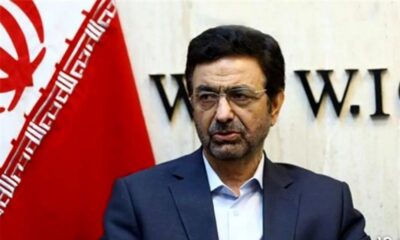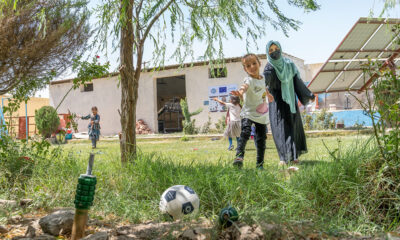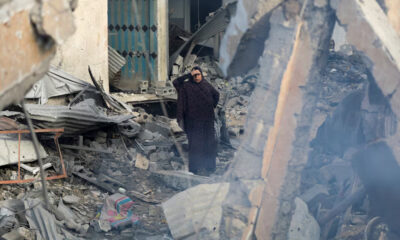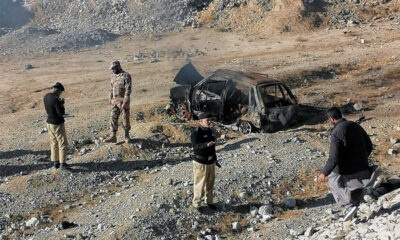Latest News
Russia accredits IEA official as Moscow ‘envoy’ for Kabul
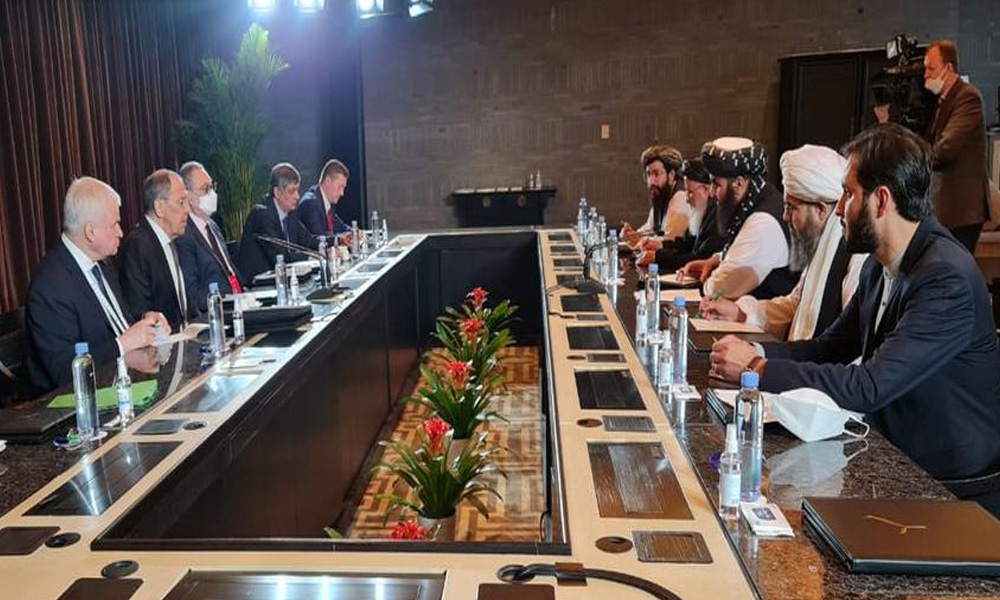
Russia has accredited an Islamic Emirate of Afghanistan (IEA) official to work in Moscow on behalf of the new Kabul administration but remains concerned about the threat of Islamist groups spilling over into Russia via Central Asia, Foreign Minister Sergei Lavrov said on Thursday.
Despite not having officially recognized the IEA as the government of Afghanistan, this move comes after a number of meetings between Kabul and Moscow and the Kremlin’s attempt last year to get the former government and IEA to reach a peace agreement.
Speaking however at an Afghanistan-focused conference in China, Lavrov also said that growing trade and economic ties between Afghanistan and countries in the region was contributing to the possibility of international recognition of their administration.
He said an IEA envoy was already active in Moscow.
"I would like to note that the first Afghan diplomat who arrived in Moscow last month and was sent by the new authorities has received accreditation at the Russian Foreign Ministry," he said.
Lavrov also said that Russia is worried about the potential for fallout in the wider region and the possibility of Islamist militants infiltrating the former Soviet republics of Central Asia, which Russia views as its southern defensive buffer, Reuters reported.
"The plans of the Islamic State and its supporters to destabilize Central Asian states and export instability to Russia are of particular concern," Lavrov said.
"The build-up of detachments of Jamaat Ansarullah and the Islamic Movement Uzbekistan around the Afghan-Tajik and Afghan-Uzbek borders are an alarming sign."
Since the IEA takeover last year, Moscow has held military exercises in Tajikistan and bolstered hardware at its military base there.
However, the foreign ministers of Iran and Pakistan have expressed concern about the activities of terrorist groups on Afghan soil.
"China and Pakistan, as Afghanistan's neighbors, have a common interest in peace and stability and do not want terrorism in Afghanistan. We are concerned about the activities of the Tehreek-e-Taliban Pakistan (TTP) and China is concerned about the activities of the East Turkestan Islamic Group.
“We share our concerns with our Afghan friends, but we both agree on Afghanistan's economic stability. We believe that connecting Afghanistan is in the interest of Pakistan and China."
At the meeting, the Iranian foreign minister also expressed his country's concern over Daesh activities in Afghanistan.
Latest News
Iranian MP says dam construction in Afghanistan is ‘questionable’
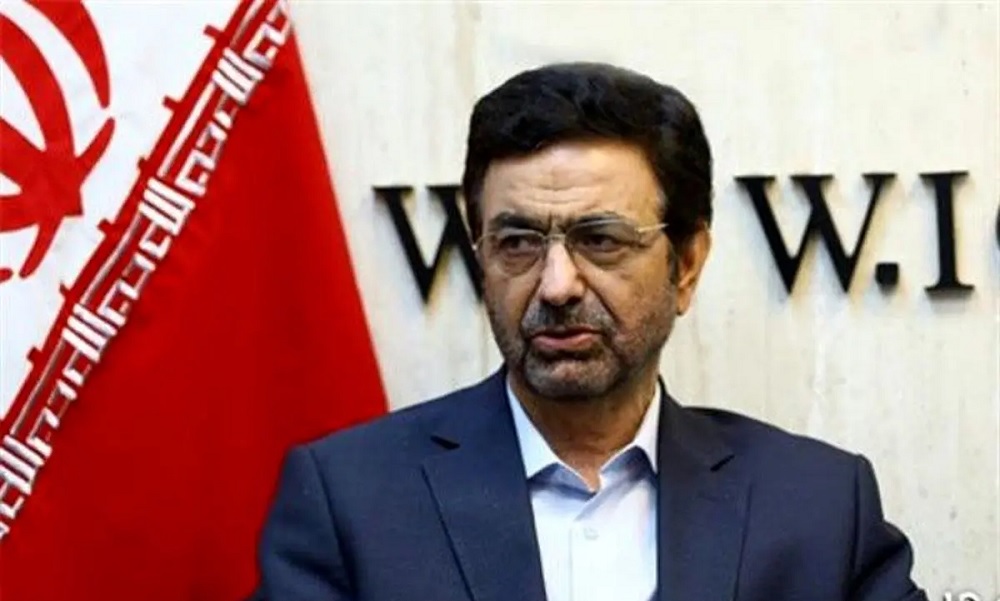
Fida Hossein Maliki, a member of Iran’s parliament, has expressed concern about the construction of water dams in Afghanistan, saying that the issue is “questionable.”
“If we look at the events currently taking place under the so-called Taliban (Islamic Emirate) rule from a regional perspective, it does not have a good outcome for neighboring countries,” Maliki said in an interview with ILNA news agency.
He said that the current rulers of Afghanistan are behaving with neighboring countries, including Iran, in a way that is unprecedented.
“In the previous governments of Afghanistan, there was interaction on every issue, and this behavior effected the relations of the countries considering the position that Afghanistan itself had, but we have observed something different during this period that the Taliban (Islamic Emirate) rules the country,” Maliki said.
He claimed that Iran’s water rights have not been respected by the Islamic Emirate and that the construction of water dams in Afghanistan is questionable.
“I believe that every action should be taken in an atmosphere of cooperation between the two countries, which is not the case today. Of course, it is natural that the Taliban (Islamic Emirate) has neither a parliament nor a government. Nothing is in its place in this sovereignty."
This comes as the Islamic Emirate has repeatedly emphasized that it is committed to ensuring Iran's rights in accordance with the 1973 treaty, but Iran must also consider the drought situation.
Latest News
Pakistan has right to attack TTP in Afghanistan: PM’s adviser

Pakistani Prime Minister's Adviser on Political Affairs Rana Sanaullah has claimed that his country has the right to conduct operations against the Tehreek-e-Taliban Pakistan (TTP) on Afghan soil.
In an interview with Samaa TV, he said that the Pakistani government is at war against the TTP and will target members of this group wherever they are.
“According to the international law, if there is a threat of attack on your country from outside or there is preparation for it, you have the right to conduction operation against your enemy to protect yourself. If such thing happens, our forces will take right action at the right time,” he said.
Meanwhile, Pakistan’s Planning Minister Ahsan Iqbal has said that the government of Pakistan had always conveyed it to the government of Afghanistan through dialogue that it should stop Afghan land to be used for terrorism in Pakistan.
He said that the Pakistani people had made numerous sacrifices for the people of Afghanistan and were facing consequences till today. He hoped that Afghanistan would take notice and not allow any group to use Afghan land for carrying out terrorism in Pakistan.
Iqbal said that the government was making sincere efforts, adding that reasonable dialogue from both sides always yields positive results.
Pakistani military carried out airstrikes in Barmal district of Paktika province in Afghanistan last month, killing dozens of people, including women and children. The Islamic Emirate retaliated with attacks across the Durand Line.
Yesterday, Deputy Foreign Minister for Political Affairs Sher Mohammad Abbas Stanikzai warned Pakistan to refrain from violating the territorial integrity of Afghanistan, otherwise it will receive a strong response from Afghanistan.
Latest News
Over 500 Afghan children killed or injured by explosives in 2024: UNICEF
In response, the organization has ramped up efforts to educate communities about the dangers. Last year, over 3 million children and their guardians were trained to identify and avoid explosive hazards.
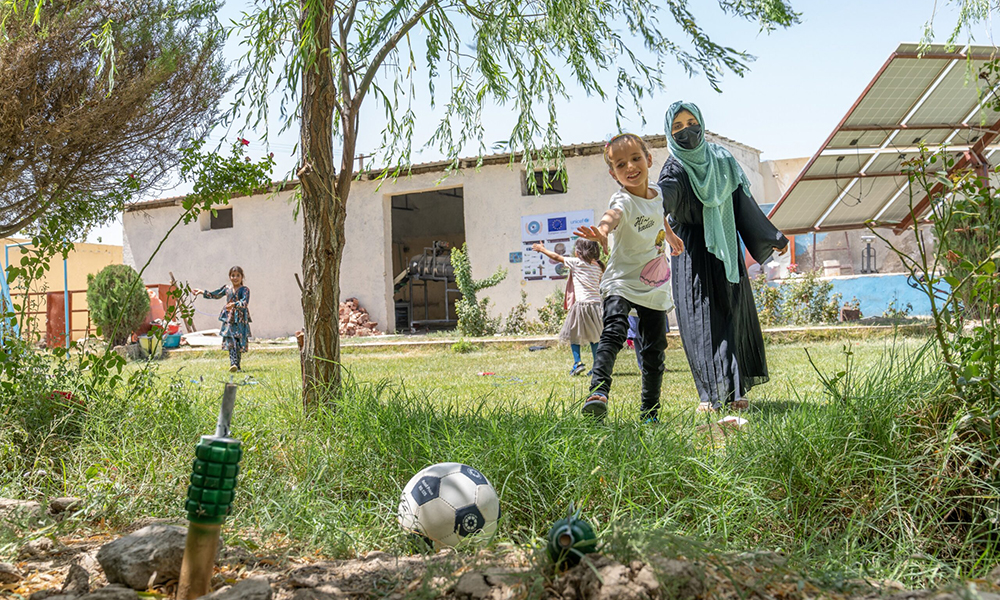
More than 500 Afghan children lost their lives or suffered injuries in 2024 due to explosions caused by unexploded ordnance and remnants of war, according to a report released by the United Nations Children’s Fund (UNICEF).
UNICEF highlighted the ongoing risks posed by explosive remnants of conflict, which continue to endanger children across Afghanistan. In response, the organization has ramped up efforts to educate communities about the dangers. Last year, over 3 million children and their guardians were trained to identify and avoid explosive hazards.
In a social media post on Sunday, UNICEF shared an image of children participating in one such training session, where they learned how to recognize and safely avoid explosive remnants.
The agency emphasized the urgent need for continued mine clearance and awareness programs to prevent further casualties, particularly among children who are disproportionately affected by these hidden threats.
The situation underscores the long-lasting impacts of conflict in Afghanistan and highlights the critical importance of mine education and clearance initiatives to protect vulnerable populations.
-

 Latest News3 days ago
Latest News3 days agoMinistry: $1 billion invested in Afghanistan’s poultry production sector
-
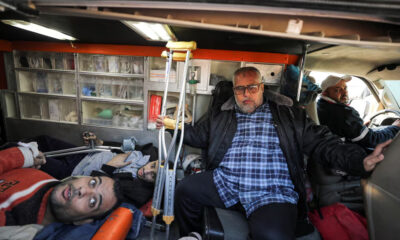
 Regional5 days ago
Regional5 days agoU.N. body accuses Israel of destroying Gaza healthcare
-
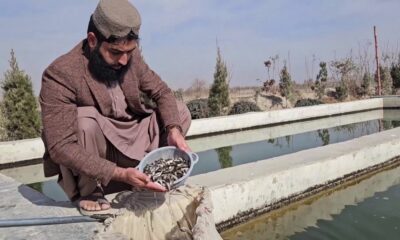
 Latest News3 days ago
Latest News3 days agoDeclining water levels affect 50 percent of fish farms in Kandahar
-
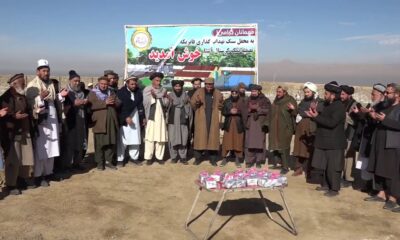
 Latest News3 days ago
Latest News3 days agoSalt refinery plant to be built in Takhar province
-
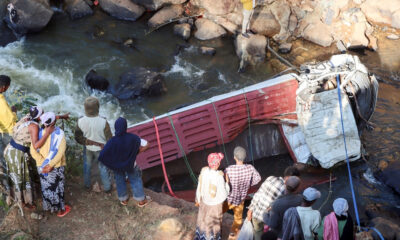
 Latest News4 days ago
Latest News4 days agoAt least 71 killed in Ethiopia road accident
-

 World3 days ago
World3 days agoUS vet formerly deployed in Afghanistan rams truck into New Orleans crowd, killing 15
-

 Sport3 days ago
Sport3 days agoAfghanistan set for second test against Zimbabwe in Bulawayo
-

 Regional4 days ago
Regional4 days agoUS imposes sanctions on entities in Iran, Russia over election interference


